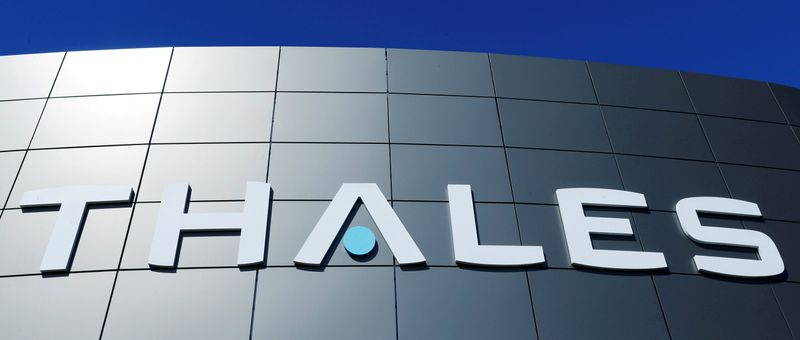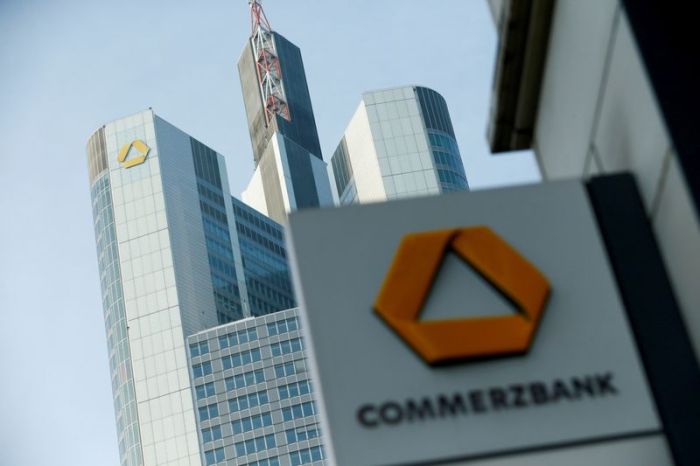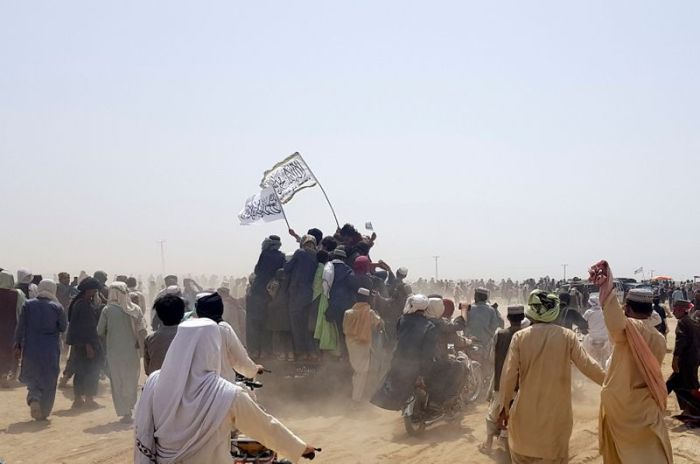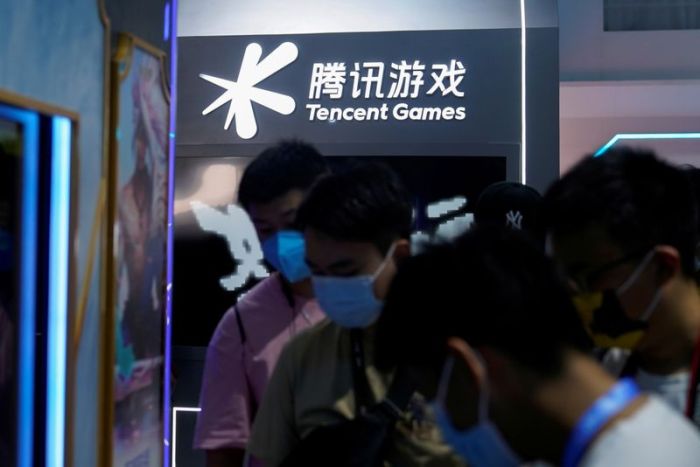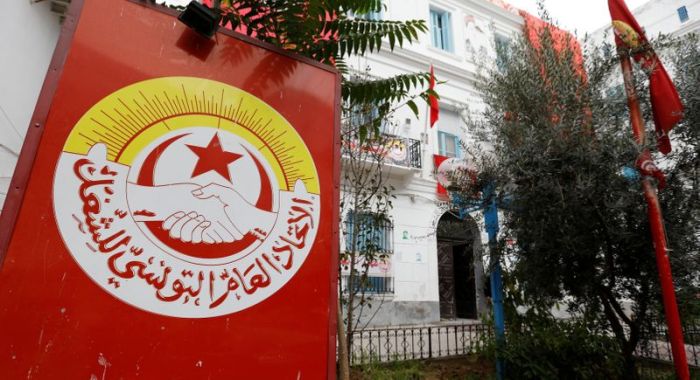PARIS (Reuters) -Thales, Europe’s largest defence electronics company, said it was in advanced talks to sell its GTS railway signalling business to Japan’s Hitachi in a deal that values the division at 1.66 billion euros ($2 billion).
The sale – which confirmed a Reuters exclusive – comes as the French company looks to streamline its sprawling operations and reassure investors of its core focus on making high-tech equipment for the defence and aerospace industries.
Thales shares were up 2.5% in early trading, among the top performers on the French stock market.
“With this major strategic move, we will be able to focus on the development of our 3 high-tech long-term growth businesses, each of them able to sustainably deliver double-digit margins,” Thales Chairman and CEO Patrick Caine said in a statement.
Those three businesses are aerospace, defense & security, and digital identity & security.
Hitachi said the acquisition of Thales’ GTS arm should help the Hitachi Rail division reach 1 trillion yen ($9.2 billion)worth of revenue by 2026.
The price tag of 1.66 billion euros corresponds to the enterprise value, including debt, of Thales’ unit, dubbed Ground Transportation Systems (GTS).
It reflects a multiple of 13.8 times of the unit’s 12-month earnings before interest and taxes (EBIT), Thales said in a statement, adding that it expected the deal to close by the end of 2022 or the start of 2023.
Thales also said it was now targeting an EBIT (earnings before interest and tax) margin of 9.8-10.3%, compared to a previous EBIT margin target of 9.5-10%.
The GTS signalling unit, which also offers train control systems and fare collection services, is small compared with competitors.
The sale comes at a time of consolidation in the industry as independent players align themselves with bigger industrial groups.
In January, French train maker Alstom closed its 5.5-billion-euro acquisition of Bombardier’s rail business, making it the industry’s No. 2 worldwide, after China’s CRRC.
($1=0.8424 euros)
($1 = 109.1000 yen)
(Additional reporting by Mathieu Rosemain, Sudip Kar-Gupta and Christian Lowe;Editing by Tom Hogue, Clarence Fernandez and Emelia Sithole-Matarise)

